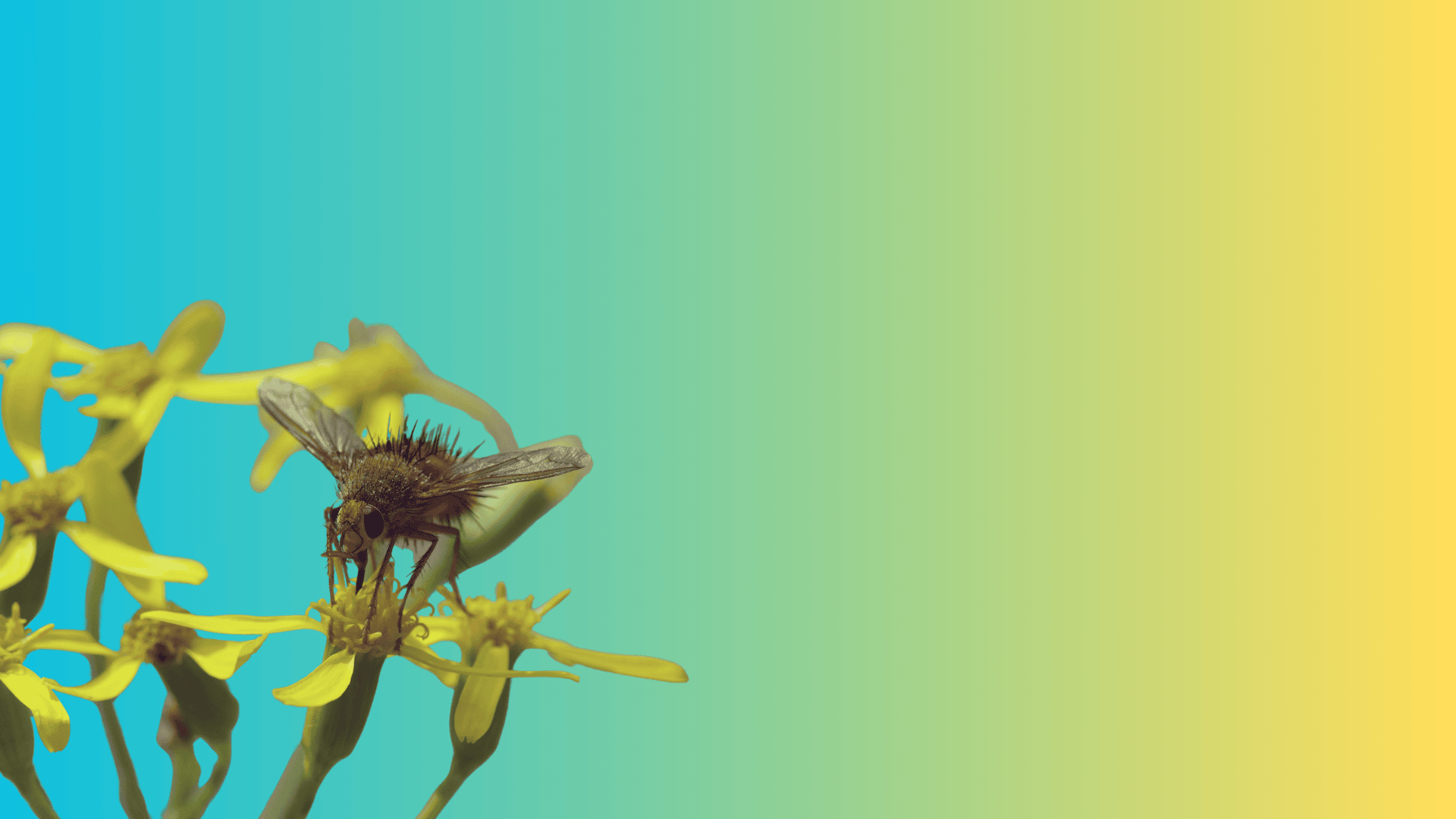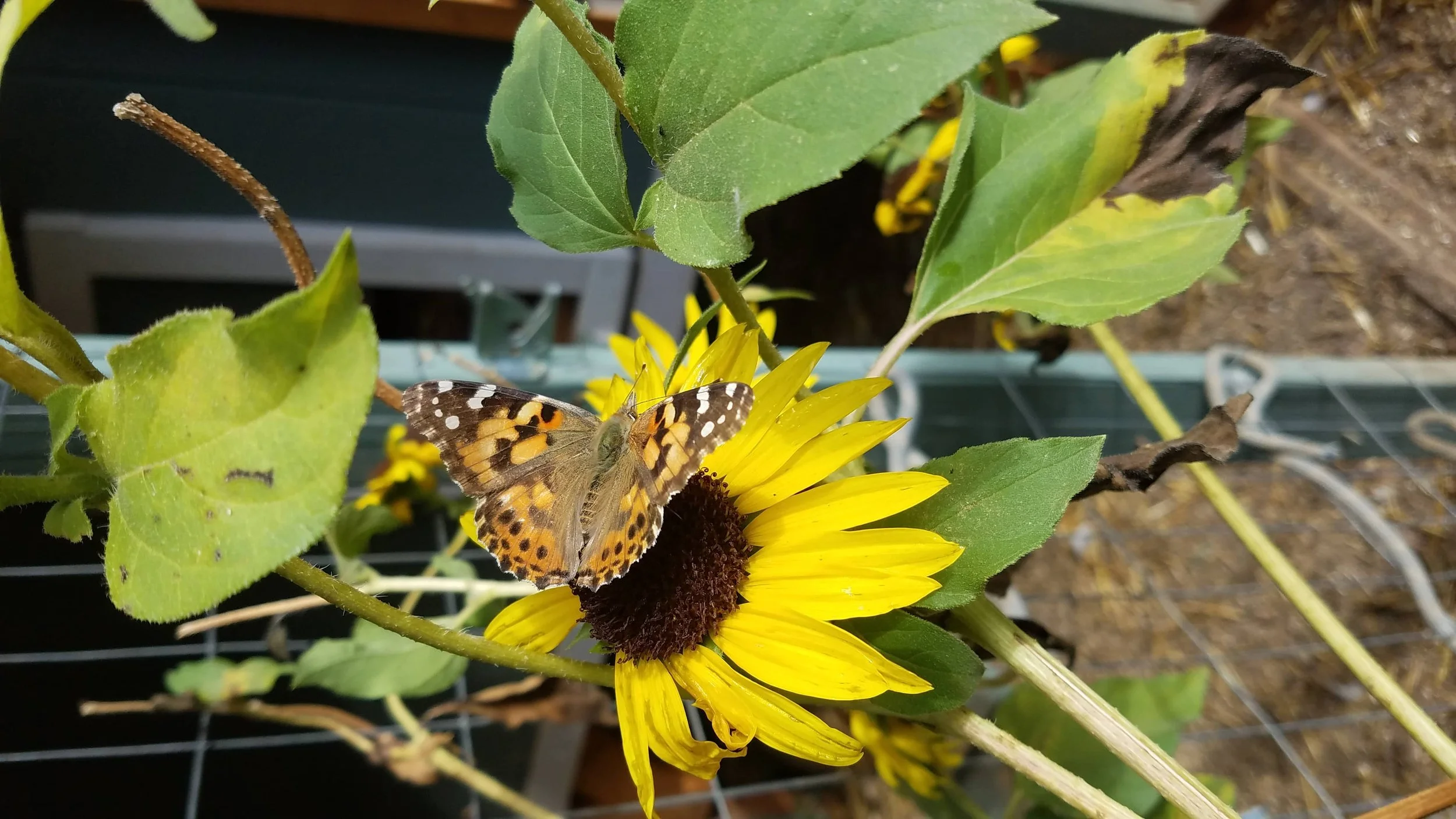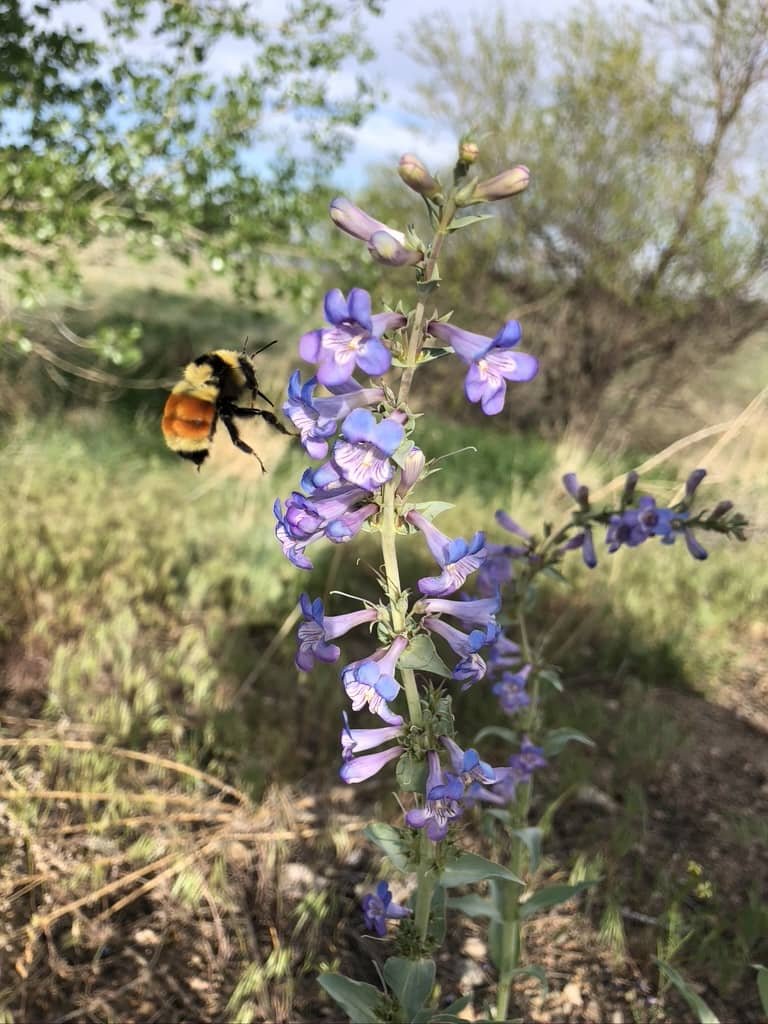
Please join us for the 9th Annual Colorado Pollinator Summit: New Terrain for Pollinator Conservation
November 18, 2024 | 8am-5pm | Denver Botanic Gardens
View Schedule
Who is the Colorado Pollinator Summit for?
The Colorado Pollinator Summit brings together people from different walks of life, including policymakers, community members, land managers, teachers, artists, gardeners, and researchers to share ideas and perspectives to work together and support one another to protect our natural world and our communities through our shared love of pollinators.
What You Need To Know
Tickets are available now at prices ranging from $25 (student) to $75 (pay it forward). Ticket purchases include the full day of sessions, a catered lunch, and entry to Denver Botanic Gardens for the day.
The Summit starts at 8am on Monday, November 18th, at Denver Botanic Gardens. Parking is free but can be hard to find. Entry into the Gardens is included with your ticket. Lunch is included with your ticket and is a great time to stretch your legs and explore DBG—if we luck out on the weather!

Keynote: How to Eat for the Bees: The Next Stage in Pollinator Conservation Begins in Your Kitchen
Session Description
Agriculture is the single largest land use on earth. Its impacts on biodiversity are profound – producing both direct loss and degradation of wildlife habitat – as well as indirect effects such as climate instability. Yet even as many of our agriculture and food system models diminish nature, there are potential alternatives. Join ecologist and food industry consultant Eric Lee-Mäder in an exploration of what a biodiversity-focused food system could look like, the pathways to advancing such a model, and how biodiversity-focused food is the best food you will ever eat.
Speaker Bio
Eric Lee-Mäder is a co-founder and principal at Northwest Meadowscapes, a prairie seed company and meadow-making consultancy based in Washington state. His 25-year career in conservation includes prior work as a director at the Xerces Society where he led multinational pollinator conservation initiatives with major food companies, partnerships with farmers and the USDA focused on the federally endangered Karner blue butterfly, multi-watershed hedgerow planting efforts across the West, and nationwide native plant propagation research and development projects for large-scale habitat restoration. Eric continues to advise food companies on integrating conservation into their supply chains, and is focused on the development of wild lawn systems as an alternative to traditional turfgrass. His recent book, The Milkweed Lands, was awarded the 2023 National Outdoor Book Award.
Session Previews & Speaker Bios
Advancing Biodiversity: The State's Commitment to Pollinator Conservation Efforts and Future Strategies in Colorado
This panel discussion with David Klute, Kacie Miller, David Anderson, and other state wildlife managers will provide an in-depth look at the latest initiatives in biodiversity conservation in Colorado. Experts from CO Parks and Wildlife and the CO Natural Heritage Program will discuss ongoing programs and emerging priorities aimed at protecting the state's biodiverse ecosystems. This session will also explore new roles and partnerships shaping the future of pollinator protection in Colorado.
Youth Climate Action: Pollinators and Urban Heat with Tiffany Boyd of Classrooms 4 Climate Action & Boulder Valley School District elementary students
Learn from Classrooms 4 Climate Action and students from High Peaks Elementary School and Boulder Community School of Integrated Studies (Boulder Valley School District) as they advocate for pollinators facing rising temperatures, habitat loss, and the impact of pesticides.
Building Diversity for Pollinators Through Community Collaboration with Annemarie Fussell, Plants & Pollinators Project Manager, Wildlands Restoration Volunteers (WRV)
Am will delve into the heart of WRV’s successful Plants and Pollinators program—a broad collaboration with diverse stakeholders that includes partnerships with land agencies, volunteer mobilization, and engagement with private landowners to restore habitat and bolster pollinator populations.
Habitat for Biodiversity Sessions
Bee Log Hotels: Monitoring Bees and Wasps Through Their Nesting Materials with Georgia Lopez, Owner, Circle Ecology
Bee hotels are fabricated tools for monitoring bee and wasp communities. Georgia Lopez will present her study, which evaluates the use of installed bee log hotels on five different Open Space properties in Longmont, and share recommendations for best practices for using bee log hotels as a management practice for long-term population monitoring of wood-nesting pollinators.
Trees for Bees with Derek Lowstuter, ISA Certified Arborist, permaculture designer, and Agriculture and Food Systems Specialist with CSU Extension
Trees and shrubs provide important food and habitat for pollinators, both native and introduced. However, they are often overlooked in favor of herbaceous perennial and annual species. This session will demonstrate the value of flowering trees and shrubs for beneficial insects and provide actionable examples of how this can be done in CO.
New Findings Through Community Science
In this panel discussion hear about three community science projects that are helping us learn more about Colorado’s pollinators and how participatory science has a consequential role in pollinator conservation. Hear about Native Bee Watch with Lisa Mason, Horticulture Specialist, Entomologist, Arapahoe County, Colorado State University Extension; the Colorado Butterfly Monitoring Network with Rich Reading, Vice President of Science and Conservation, Butterfly Pavilion; and the Mountain States Bumble Bee Atlas with Amy Dolan, Endangered Species Conservation Biologist, The Xerces Society for Invertebrate Conservation. The panel will talk about the roles of community science, new frontiers, challenges, and how you can engage in these important and rewarding projects.
Innovative Ways to Look at the Relationships Between Humans and Insects
Starting Small: A Humane Education and Psychotherapy/Counseling Program at Animal Assisted Therapy Programs of Colorado
Terri Bauer, MSW, LCSW, CAAP
This presentation will provide information regarding the inspiration for the Starting Small program, how it has been implemented, and what insights have emerged from working with invertebrates in a clinical psychotherapy setting. Invertebrates are an integral part of our health and the health of our planet so including these small friends in the mental health realm allows clients to take care of themselves and, in turn, take care of invertebrates and the planet!
Making Art with Pollinators
Lauri Lynnxe Murphy, MFA, bio-artist, sculptor, and writer
Lauri’s art inspires hope about the work we are doing to protect and save pollinators and demonstrates that using art and collaborating with scientists is a perfect way to inspire people to action. She has been making art with pollinators and scientists—especially honeybees and fireflies—for over a decade. She collaborates with the CU Biofrontiers Institute and members of the public to elevate community science and invertebrate conservation through art.





Thank you to our 2024 Summit Sponsors!
Premier 2024 Sponsors
Gold 2024 Sponsors
Silver 2024 Sponsors
Bronze 2024 Sponsors
2024 Pollinator Friends & Exhibitors
To sponsor the 2024 Colorado Pollinator Summit please reach out to us at connect@coloradopollinator.network.


















